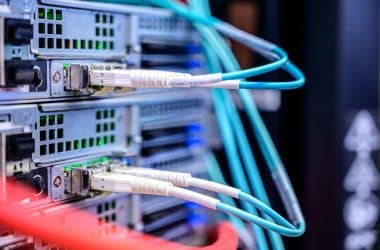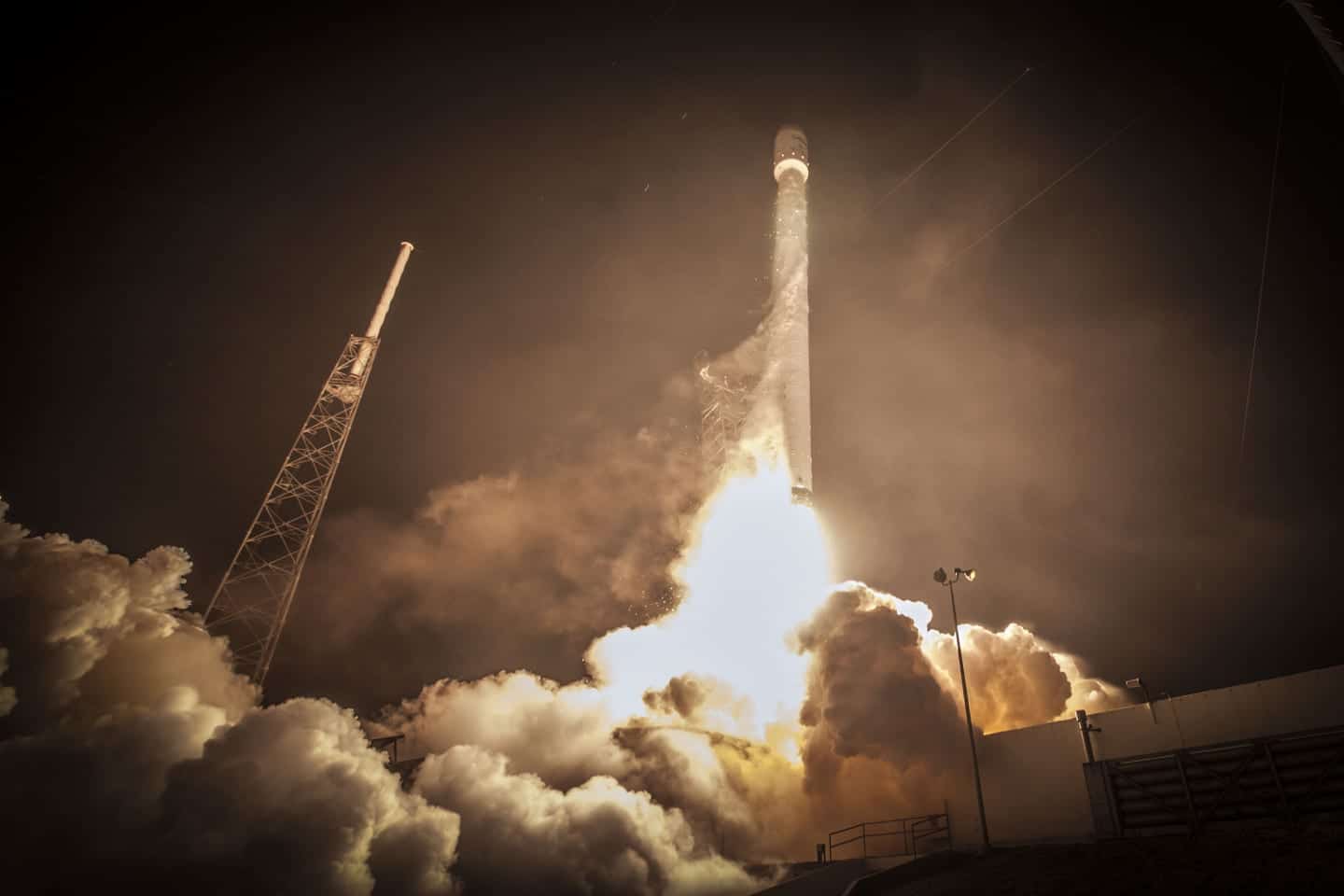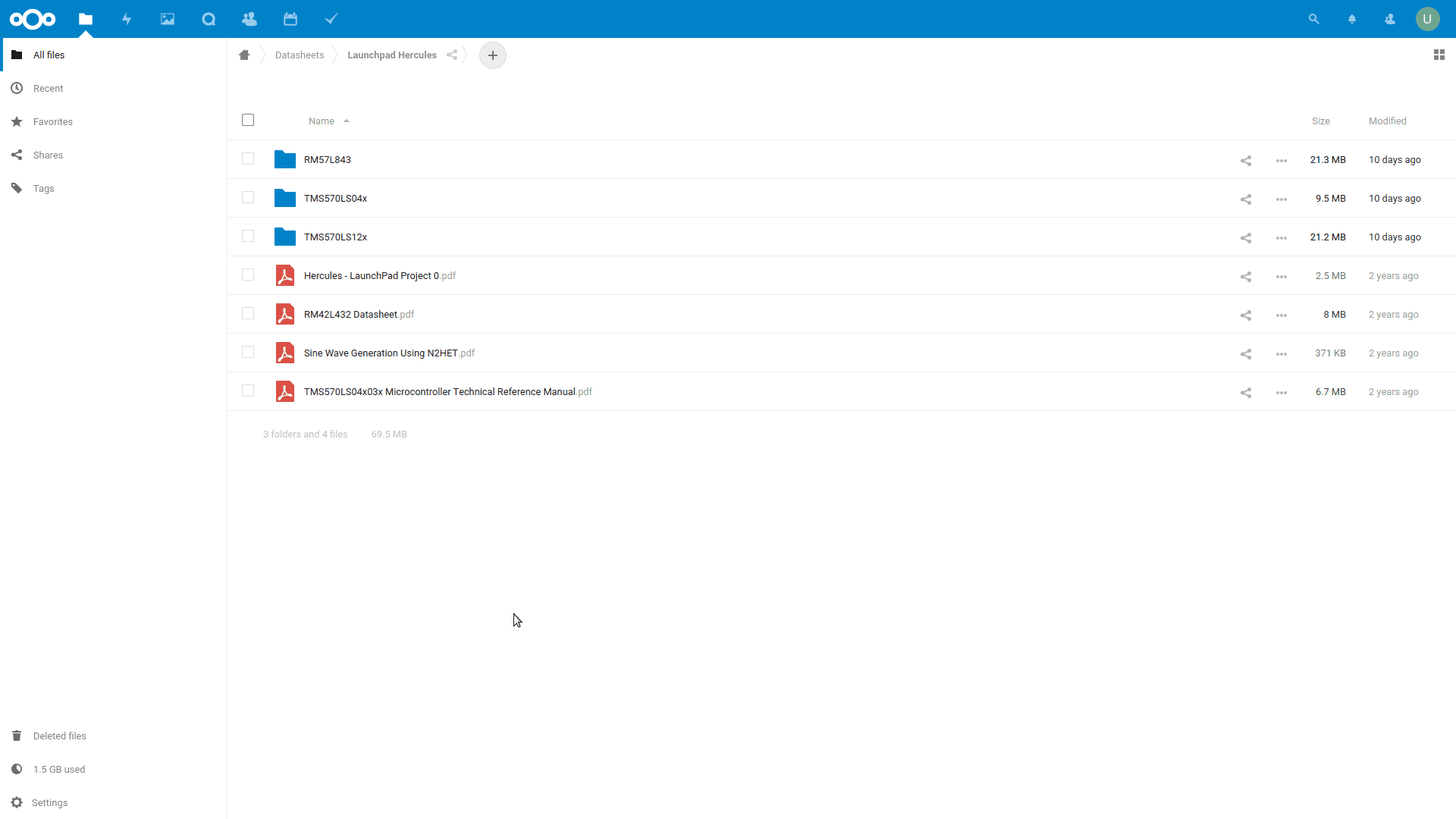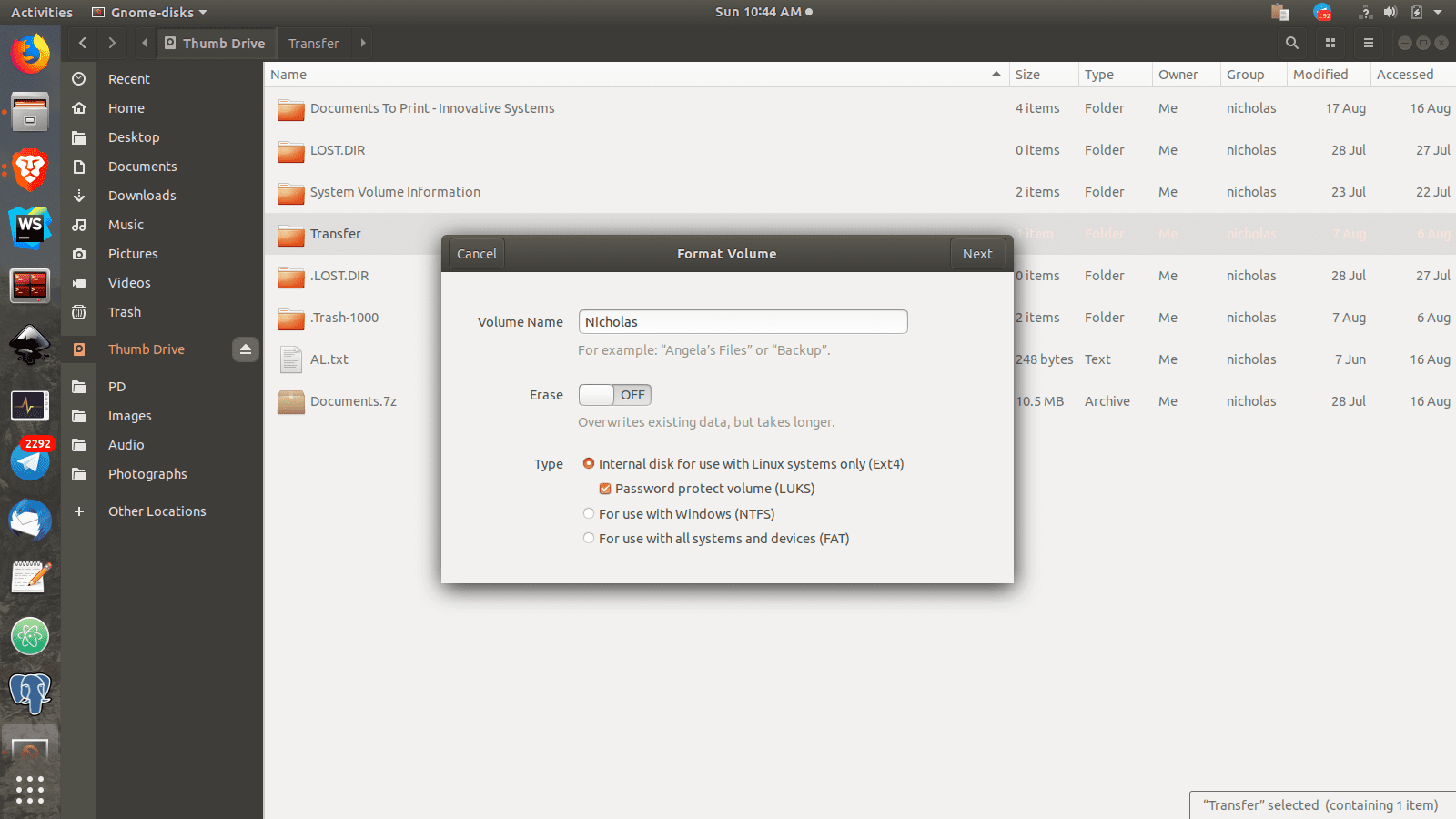You may have already heard of Facebook’s Internet.org project, under which cutting edge drone technology would provide Internet access to remote regions. There was a good financial incentive for this, as Facebook’s value and revenue can be attributed to their large user base. Getting more people online would most likely get more people on Facebook. I’m not saying their intentions weren’t good, but it happens to be beneficial to them, making this a win-win situation.
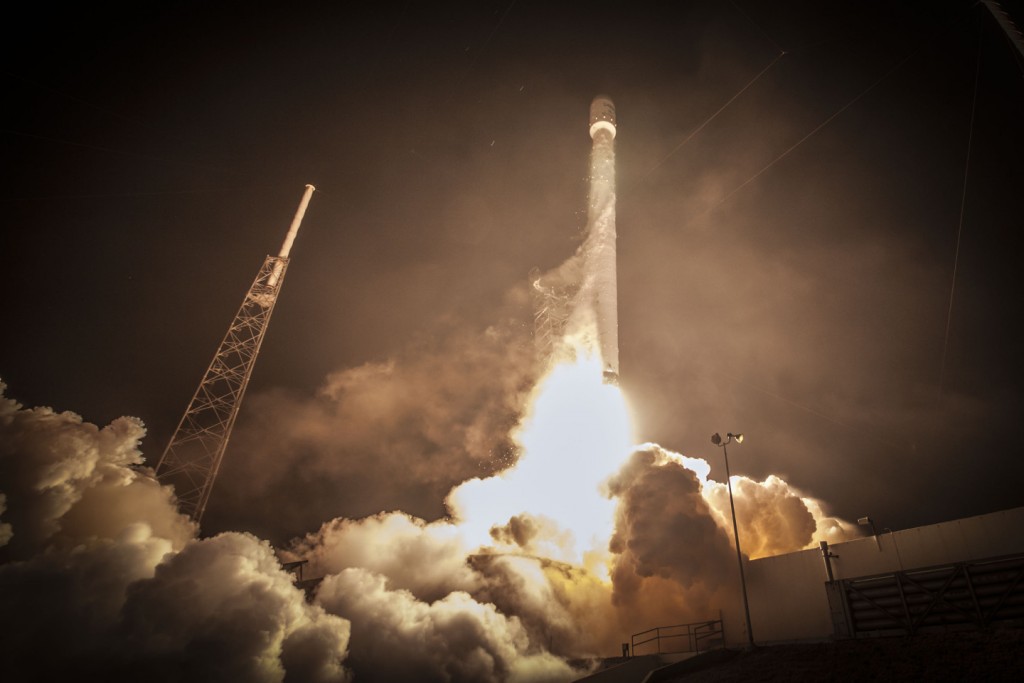
Image obtained with thanks from SpaceX.
To add to the benefits of the Internet.org project, they released Facebook Lite for Android, which reduces bandwidth and other resource usage, as the high cost of data bills are a major problem in some developing regions. It also works on low-end devices which don’t have the processing power to facilitate the bells and whistles that the main Facebook app has.
Elon Musk, on the other hand, wants to beam Internet access to everyone on the planet using 4,000 satellites. For oppressive dictators and anyone else whom desires to keep their part of the world in the dark, the ramifications are tremendous. The Internet provides the greatest access to information, statistics, news, and last but not least — the ability to see others’ way of life around the world.
Why is this so important? People living in oppressive regimes which restrict or block Internet access can’t get access to much information about what is happening outside their countries, and it makes it harder for them to keep track of what is happening even in their own countries. Wireless broadband is much harder to block than a traditional cabled connection which can simply be disconnected.
In addition to that, users’ Internet connections won’t be at the mercy of the wind, as there won’t be any cables to get blown down during storms. Restoring blown-down Internet infrastructure is a costly and lengthy process which can leave people without Internet access for days. Another little perk is the ability to solar power satellites without energy storage (solar panels in space can face the sun all day without clouds), conserving fossil fuels .
‘Some people might say the idea of satellite broadband has come and gone. But the cost structure of the business is so much better than when Bill Gates tried it,” said Paul Gallant, an analyst at Guggenheim Partners, in an interview with the Post. “I think Musk’s track record of disruptive innovation would make this a really attractive business for the . . . FCC to support.’
Musk has contacted the Federal Communications Commission (FCC) about it, and according to his filing: He wants to begin testing as early as next year. If this project is a success, SpaceX could become a significant player in the telecommunications industry.


